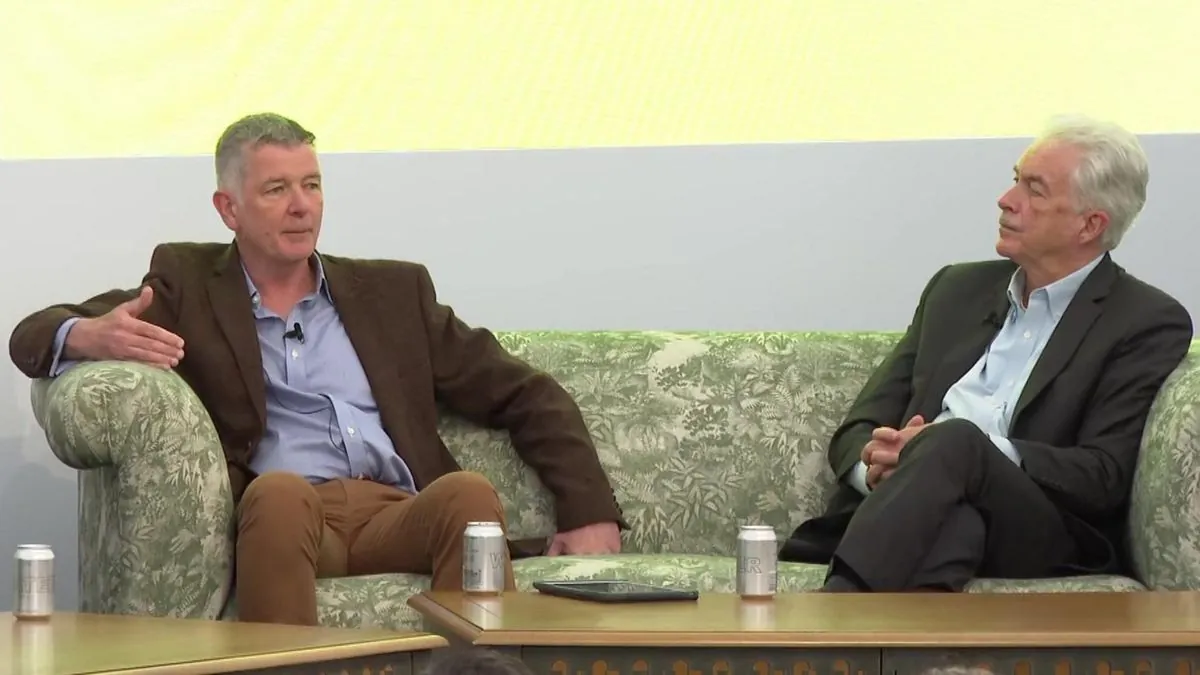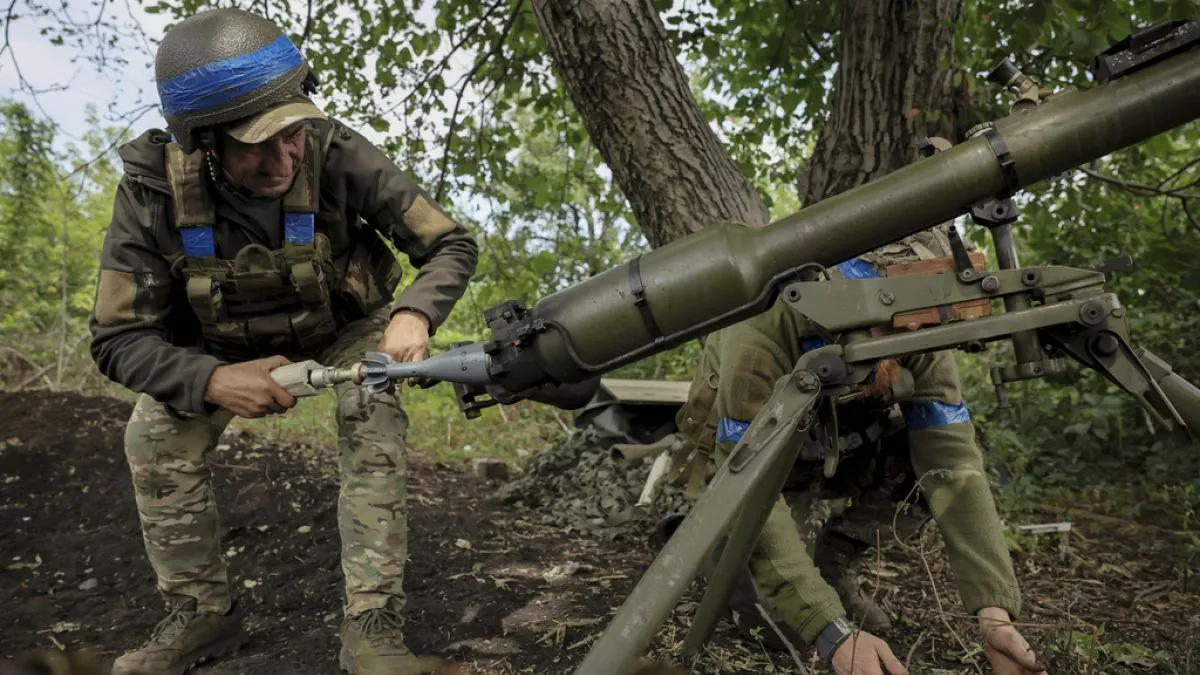CIA and MI6 Chiefs Discuss Global Threats in Unprecedented Public Forum
In a historic joint appearance, CIA and MI6 directors address Ukraine conflict, Russian activities, China's rise, and Middle East tensions. Their insights reveal complex global security challenges and intelligence community responses.

In an unprecedented public event, William J. Burns, Director of the Central Intelligence Agency, and Richard Moore, Chief of the UK's Secret Intelligence Service (MI6), jointly addressed pressing global security issues. This historic collaboration, occurring approximately 2.5 years into the Russia-Ukraine conflict, underscores the strength of the U.S.-UK intelligence partnership in the face of complex international challenges.
The intelligence chiefs discussed Ukraine's recent military operation in Russia's Kursk region, describing it as a "significant tactical achievement" that has raised questions among Russian elites about the war's trajectory. Burns noted that while the operation exposed Russian vulnerabilities, it has not yet hastened the conflict's end.

Moore highlighted concerns about Russian intelligence activities in Europe, stating that these services have "gone a bit feral" in their efforts to undermine Western support for Ukraine. He referenced recent incidents, including an arson attack on a Ukrainian-linked warehouse in London earlier this year, as examples of Russia's use of proxies for sabotage operations.
The directors emphasized China as "the principal intelligence and geopolitical challenge of the 21st century." Burns revealed that the CIA has tripled funding for its China mission center in recent years, now accounting for over 20% of the agency's classified budget. Moore described Chinese leader Xi Jinping as "the most powerful Chinese ruler since Mao," highlighting Beijing's role as a global rival contesting Western interests and values.
"The terms of such a deal are '90 percent' there, [but] the last 10 percent always proves most difficult."
Regarding the ongoing conflict in Gaza, Burns indicated progress in ceasefire negotiations but acknowledged remaining challenges. He stated that while Israeli military operations have "severely degraded Hamas's military capabilities," the complete destruction of Hamas as a movement and idea remains "a very elusive goal."
The joint appearance of the CIA and MI6 directors, occurring 77 years after the CIA's establishment and 115 years after MI6's founding, marks a significant moment in the history of these intelligence agencies. Their public discussion reflects the evolving nature of intelligence work and the importance of international cooperation in addressing global security threats.
As the world grapples with ongoing conflicts, election interference, and shifting geopolitical dynamics, the insights provided by Burns and Moore offer a rare glimpse into the complex challenges facing the intelligence community. Their collaboration underscores the critical role of intelligence agencies in navigating an increasingly unpredictable global landscape.


































